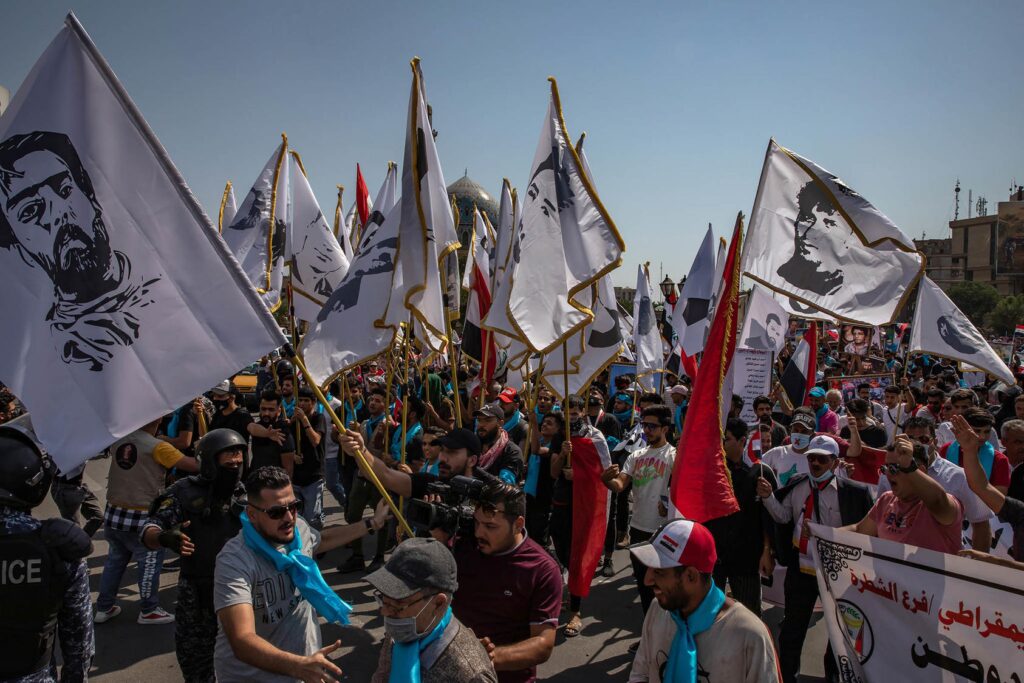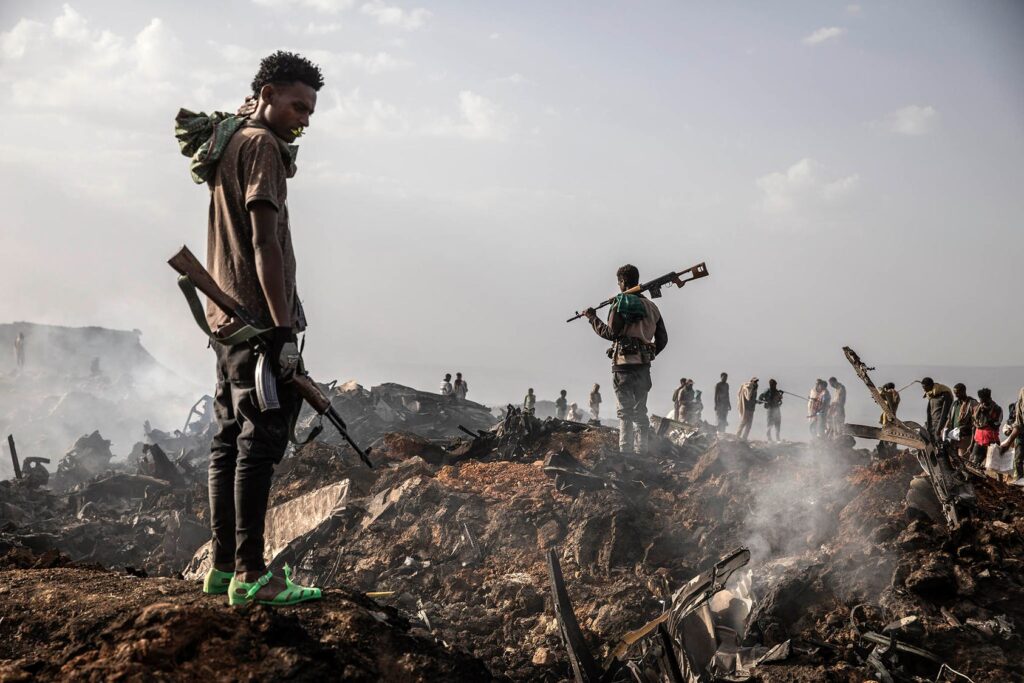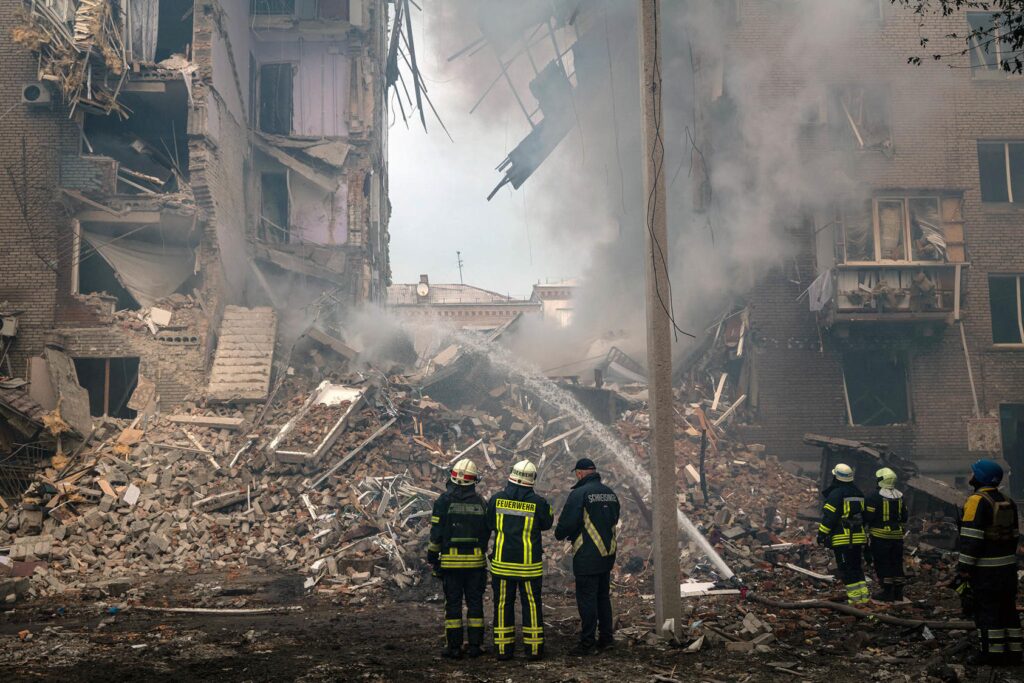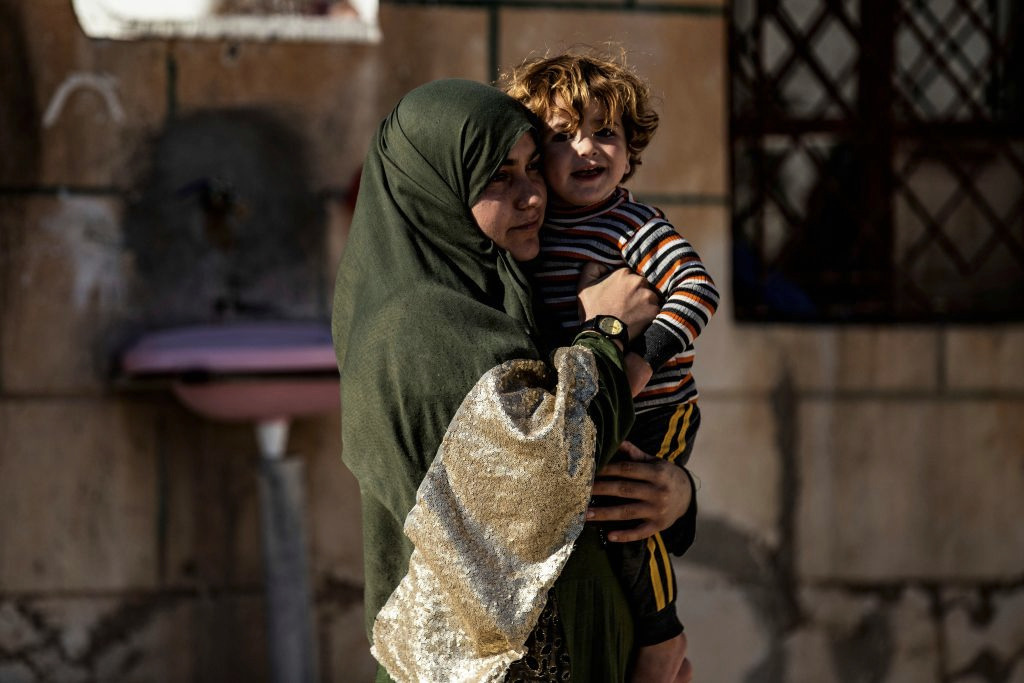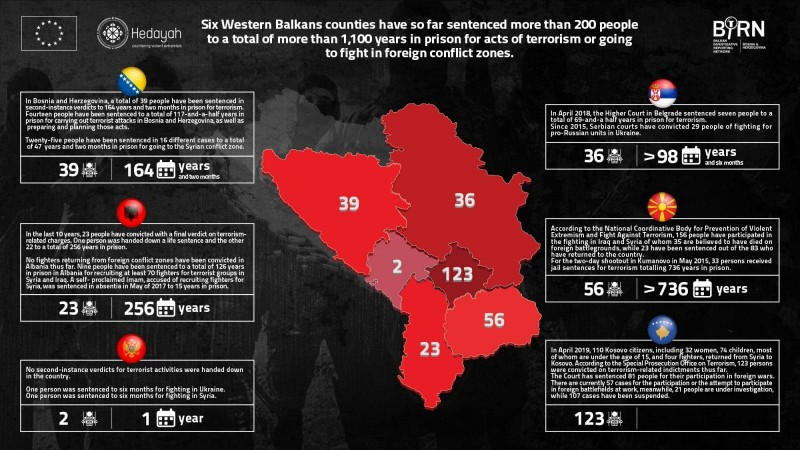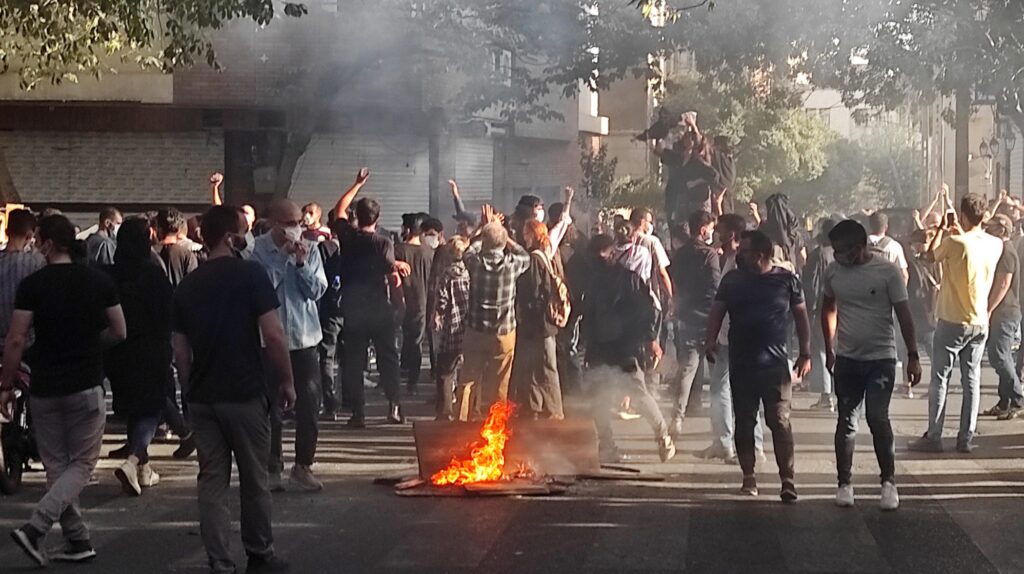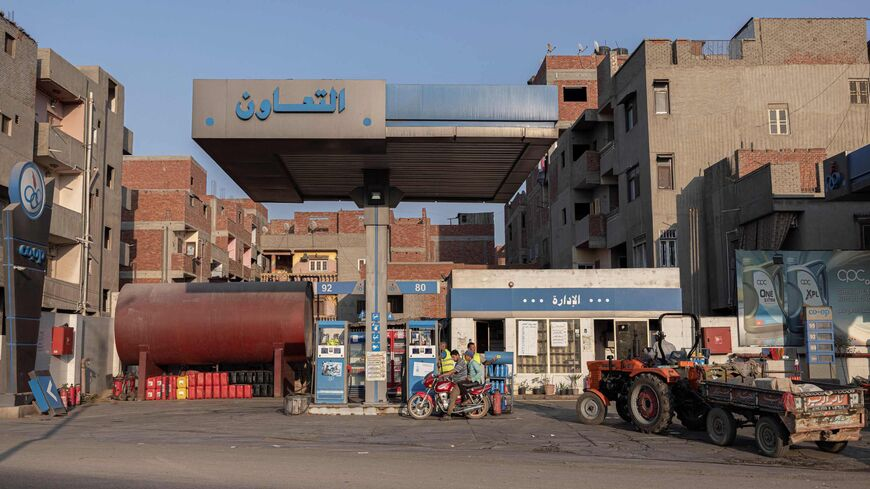AK Parti’ye seçimi ‘dış güçler’ mi kazandıracak?
DEVA Partisi Lideri Ali Babacan Erzurum mitingini Bartın’daki maden faciası nedeniyle iptal etse de kendisine eşlik eden gazetecilere röportaj vermiş.
Putin’in Cumhurbaşkanı Erdoğan’a özel olarak teşekkür etmesi ve Türkiye’yi enerji üssü yapma teklifi de konuşulmuş belli ki ama biraz farklı bir açıdan konuşulmuş.

